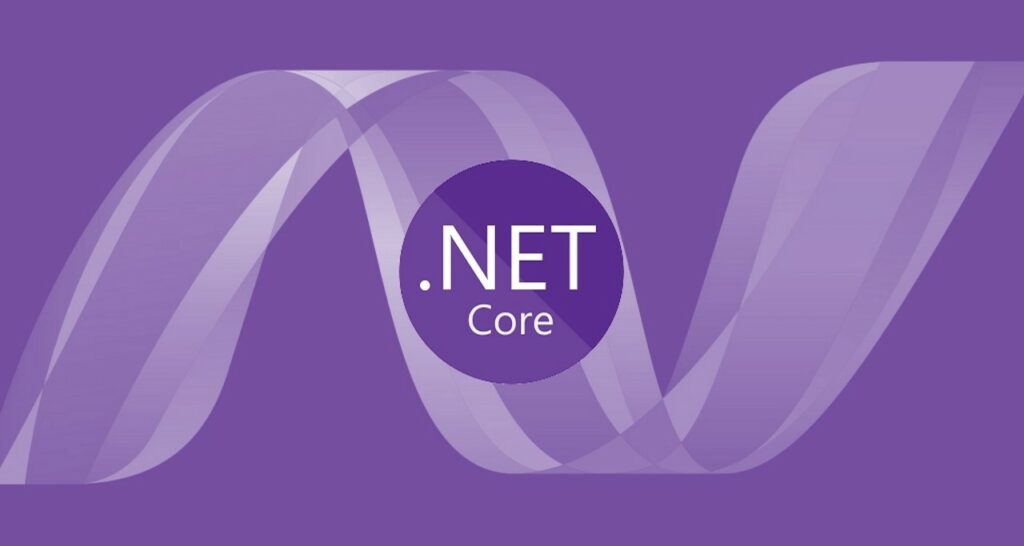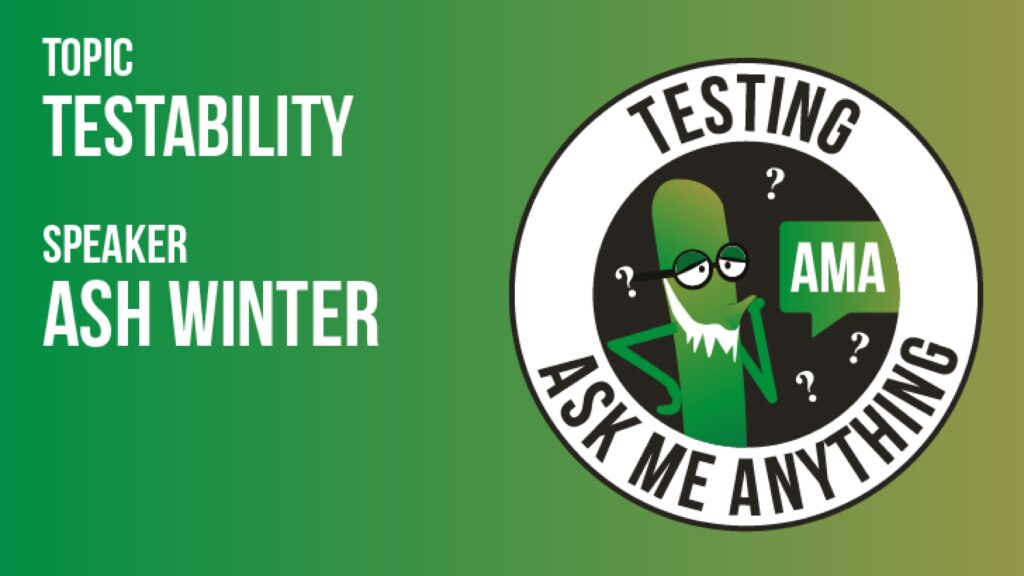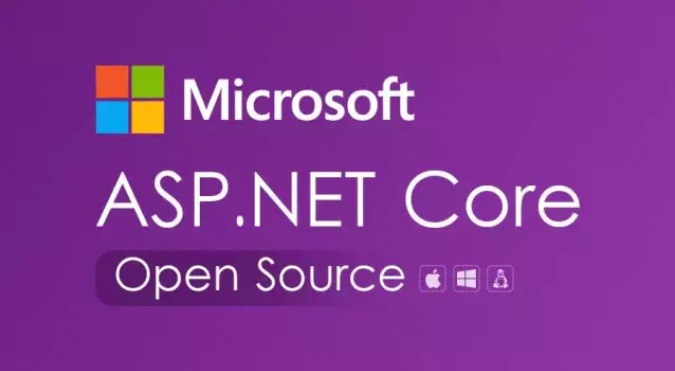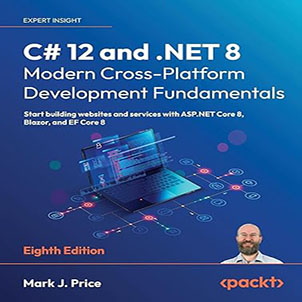ASP.NET CORE MVC Tutorial 1, From the beginning of 2015, the Internet has grown, cloud computing and AI, big data explosion, everyone from talking about project information to digital transformation, from ToC industry to ToB industry transformation, Web project development model is also constantly changing, Numerous new technologies and new standards have emerged.

ASP.NET CORE MVC Tutorial
Microsoft also introduced ASP.NET Core in a timely manner, a major revolution in .NET development that will open millions of developers into a whole new world of opportunities.
In this course, we will learn from the most basic commands, to the intermediate and advanced ASP.NET Core concepts, and create an ASP.NET Core project from scratch.
As we build this project and complete the course, we will learn how to use the ASP.NET Core Web framework and have the knowledge of how to build a data-driven Web application.
By completing this course, you will be able to develop new web applications using ASP.NET Core and make strategic decisions when selecting technology for new projects.
We will discuss and learn in detail
- ASP.NET Core MVC
- ASP.NET Identity Core

What is ASP .NET Core
ASP.NET Core is a cross-platform, high-performance open source framework for developing web applications that are more modern and modern, more in line with the Internet platform, and it makes cloud-based development easier.
ASP.NET Core is based on the redesign of the ASP.NET 4.x series. For this reason, it was originally called ASP.NET 5, but was later renamed to ASP.NET Core 1.0.
ASP.NET Core is completely rewritten by existing ASP.NET 4.x, and its architectural changes make it more modular, scalable, open source, lightweight, high performance and cross-platform web framework.
Advantages and features of ASP .NET Core and it becoming more popular among developers because of several advantages and features:

Cross-platform:
The ASP.NET Core framework is designed from the ground up to be cross-platform.
ASP.NET 4.x applications can only be hosted on IIS, while ASP.NET Core applications can be hosted on IIS, Apache, Docker, and even host themselves in the process (commonly known as: self-hosted).
From a development perspective, you can use Visual Studio or Visual Studio Code to build a .NET Core application. You can also use third-party editors such as Sublime.
Unified programming model for MVC and Web API:
Using ASP.NET Core, we use the same programming model to create MVC-style web applications and ASP.NET Web APIs.
In both cases, the Controller we created inherits from the same Controller base class and returns an IActionResult.
As the name suggests, IActionResult is an interface that has several implementations. ViewResult and JsonResult are just two of the built-in return result types of the IActionResult interface.
Therefore, for the Web API, the controller returns a JsonResult, which returns a ViewResult for an MVC-style web application. If you don’t understand it right now and don’t know what it means, don’t worry, as the course progresses, we will say it clearly in the following content.

Dependency injection
Out of the box, ASP.NET Core has built-in support for dependency injection. If you are unfamiliar with this powerful concept, don’t worry, we will discuss it in detail later in the process of using it. Currently you only need to understand that it is a design pattern.
Testability
With built-in dependency injection and a unified programming model for creating web applications and Web APIs, unit testing and integration testing of ASP.NET Core applications can be easily done, if you don’t understand it, it’s all right.

Open source and community-centric
ASP.NET Core is completely open source and is being developed by the .NET team in collaboration with a number of open source developer communities. As a result, ASP.NET Core continues to evolve as the vast community behind it is recommending improvements and helping to fix bugs and problematic approaches. This means we have safer, better quality software.
Modular HTTP request pipeline
ASP.NET Core provides modular middleware components.
In ASP.NET Core, both the request (Request) and response (Response) pipelines use the middleware component. It contains a rich set of built-in middleware components. We can also write our own custom middleware components. As the course progresses, we will discuss what the middleware components are and use them to form the request and response pipeline.

Before you start, you have to know:
There will be some basic HTML, CSS and C# that don’t need to be skilled in this area. You only need to master their basic knowledge.
CSS and C# that don’t need to be skilled in this area. You only need to master their basic knowledge.
Previous MVC knowledge is helpful but not required. Even if you don’t have any MVC experience, it doesn’t matter. We will learn all the necessary MVC basics in this course.
Next post: Configuring a development environment for your machine
Extension point: What is missing in ASP.NET Core?
Compared to the traditional ASP.NET 4.x Framework, you can’t find the following in ASP.NET Core:
Global.asax file
Web.Config file
HTTP handler and HTTP module
ASP.NET page life cycle model




